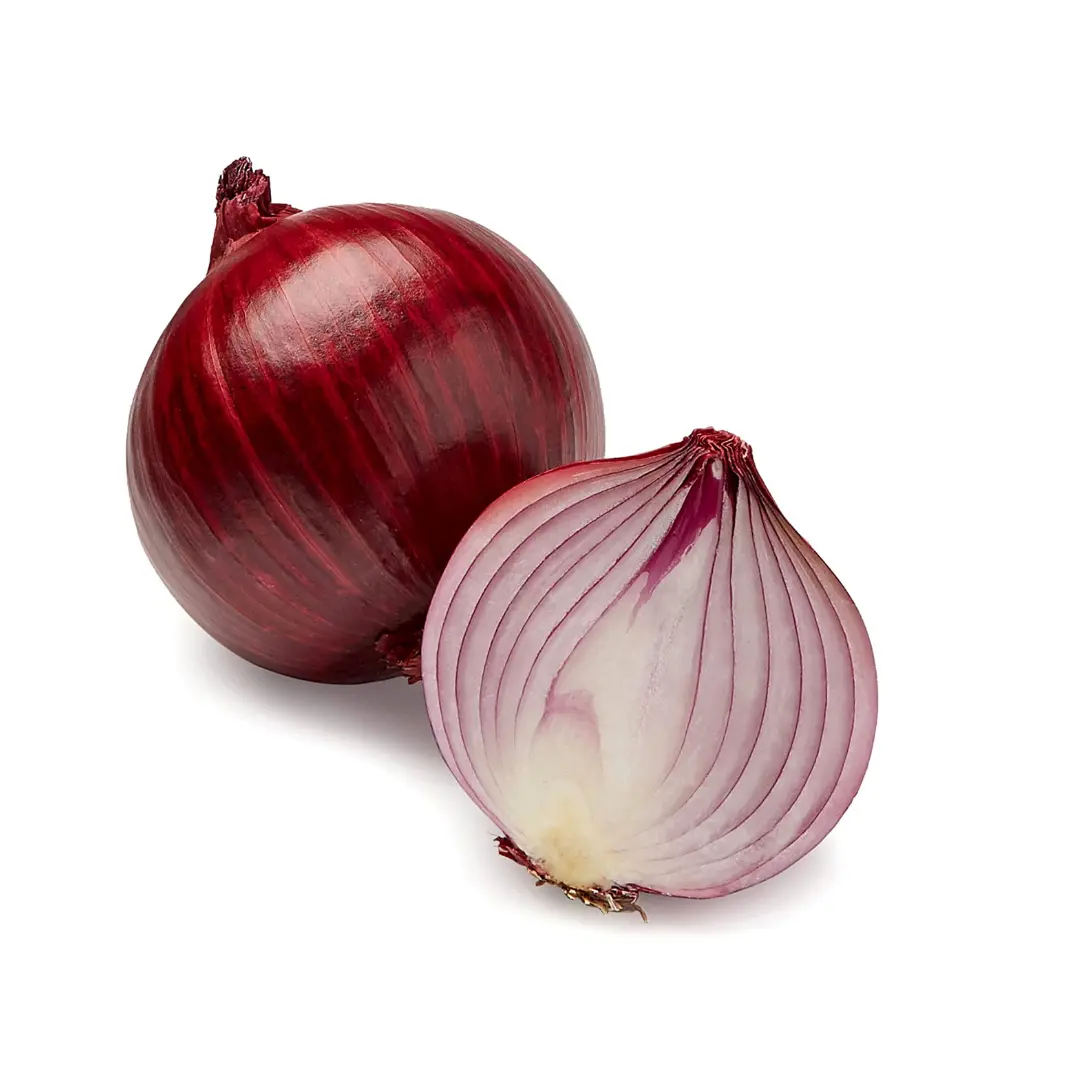Office No 1 & 2, Michael Apartment,Vasai West

Cauliflower
Cauliflower is a versatile and nutritious cruciferous vegetable that has gained popularity in recent years. With low calories, fat, and high fiber content.
Nutritional Values:
| 2.0 gram | Protein |
|---|---|
| 57 mcg | Folate (Vitamin B9) |
| 1.9 gram | Sugar |
| 25 kcal | Calories |
Description:
Cauliflower, scientifically known as Brassica oleracea var. botrytis, is a versatile cruciferous vegetable that has gained immense popularity in recent years due to its outstanding nutritional value and versatility in the kitchen. Often referred to as the "white vegetable," cauliflower is a member of the Brassica family, which includes broccoli, cabbage, and Brussels sprouts. Its pale white or light green florets are tightly packed, resembling a stunning bouquet of flowers.
In addition to its delightful taste and texture, cauliflower boasts an impressive array of essential nutrients that contribute to overall health and well-being. Let's explore the nutritional label of cauliflower and uncover the various benefits it offers.
Low-Calorie and Low-Fat Marvel:
At just 25 calories per 100 grams, cauliflower is an excellent choice for those seeking a low-calorie and nutritious addition to their diet. With only 0.3 grams of total fat and no trans fat, it's an ideal vegetable for weight management and maintaining a healthy heart.
Fiber-Rich and Gut-Friendly:
One of the standout features of cauliflower is its significant fiber content, with 2.0 grams per 100 grams. Dietary fiber is essential for digestive health as it aids in maintaining regular bowel movements and promoting a healthy gut. Including cauliflower in your diet can help prevent constipation and reduce the risk of gastrointestinal disorders.
Vitamins Galore:
Cauliflower is a treasure trove of essential vitamins, making it a true superfood. With a whopping 80% of the Daily Value (DV) of Vitamin C in every 100-gram serving, cauliflower is a powerhouse for immune support, skin health, and collagen production. Additionally, it provides 20% of the DV for Vitamin K, which plays a vital role in blood clotting and bone health. The vegetable also contains 10% of the DV for Vitamin B6, contributing to brain health and the metabolism of amino acids.
Folate for Cellular Health:
Folate, also known as Vitamin B9, is crucial for cell division and DNA synthesis. Cauliflower supplies 14% of the DV for folate per 100-gram serving, making it an excellent choice for pregnant women to support fetal development.
Essential Minerals:
Cauliflower is not only rich in vitamins but also abundant in essential minerals that are essential for various bodily functions. With 9% of the DV for potassium, cauliflower can help maintain proper fluid balance, muscle contractions, and nerve signals. It also provides 10% of the DV for manganese, which plays a role in antioxidant defense and bone health. Additionally, cauliflower contains smaller amounts of magnesium and phosphorus, both important for bone health and energy production.
Phytonutrients and Antioxidants:
As a cruciferous vegetable, cauliflower contains various phytonutrients, including glucosinolates, sulforaphane, and indole-3-carbinol. These compounds have been associated with potential cancer-fighting properties by supporting the body's detoxification processes and reducing oxidative stress.
Versatility in the Kitchen:
Apart from its impressive nutritional profile, cauliflower is incredibly versatile in the kitchen. You can enjoy it raw as a crunchy and healthy snack, steam or roast it for a delicious side dish, blend it into a creamy soup, or even turn it into cauliflower rice for a low-carb alternative to regular rice.
In conclusion, cauliflower is undoubtedly a nutritional powerhouse that deserves a prominent place on your plate. Its low calorie, low-fat content, coupled with its high fiber and nutrient levels, make it an excellent addition to any balanced diet. Whether you're looking to improve your digestive health, strengthen your immune system, or simply savor its delicious taste, cauliflower is a vegetable that offers a multitude of health benefits for everyone to enjoy. So, next time you're at the grocery store, be sure to pick up a head of cauliflower and explore the many possibilities it has to offer for your overall health and well-being.
Additional Information
Cauliflower is not only a nutritional powerhouse but also a versatile ingredient in plant-based diets and specialty diets like keto and gluten-free. Its neutral flavor and ability to mimic certain textures make it a popular substitute for high-carb ingredients like rice, potatoes, and even pizza crust. With the rise of plant-based eating, cauliflower has become a go-to ingredient for creating innovative and healthy recipes, including cauliflower pizza crust, cauliflower mashed potatoes, and cauliflower buffalo wings.
Moreover, its availability year-round and easy-to-store nature make it a practical choice for incorporating into daily meals. Embracing cauliflower in your culinary repertoire can elevate your health, satisfy your taste buds, and add a touch of creativity to your kitchen adventures.
